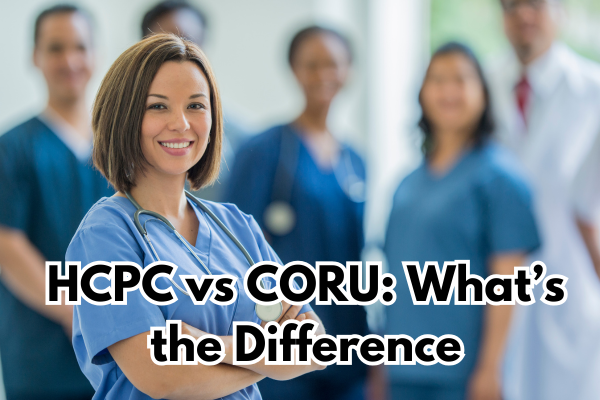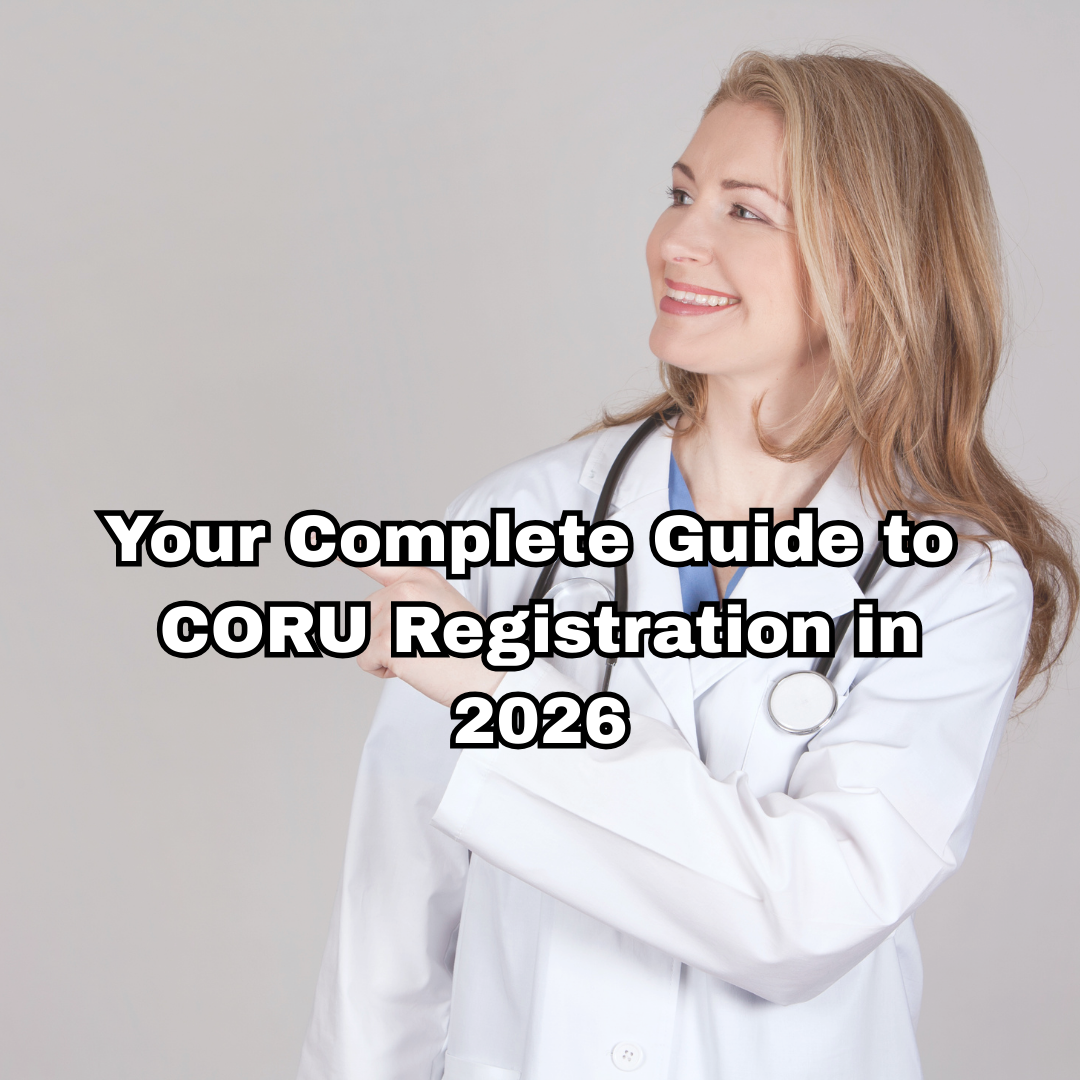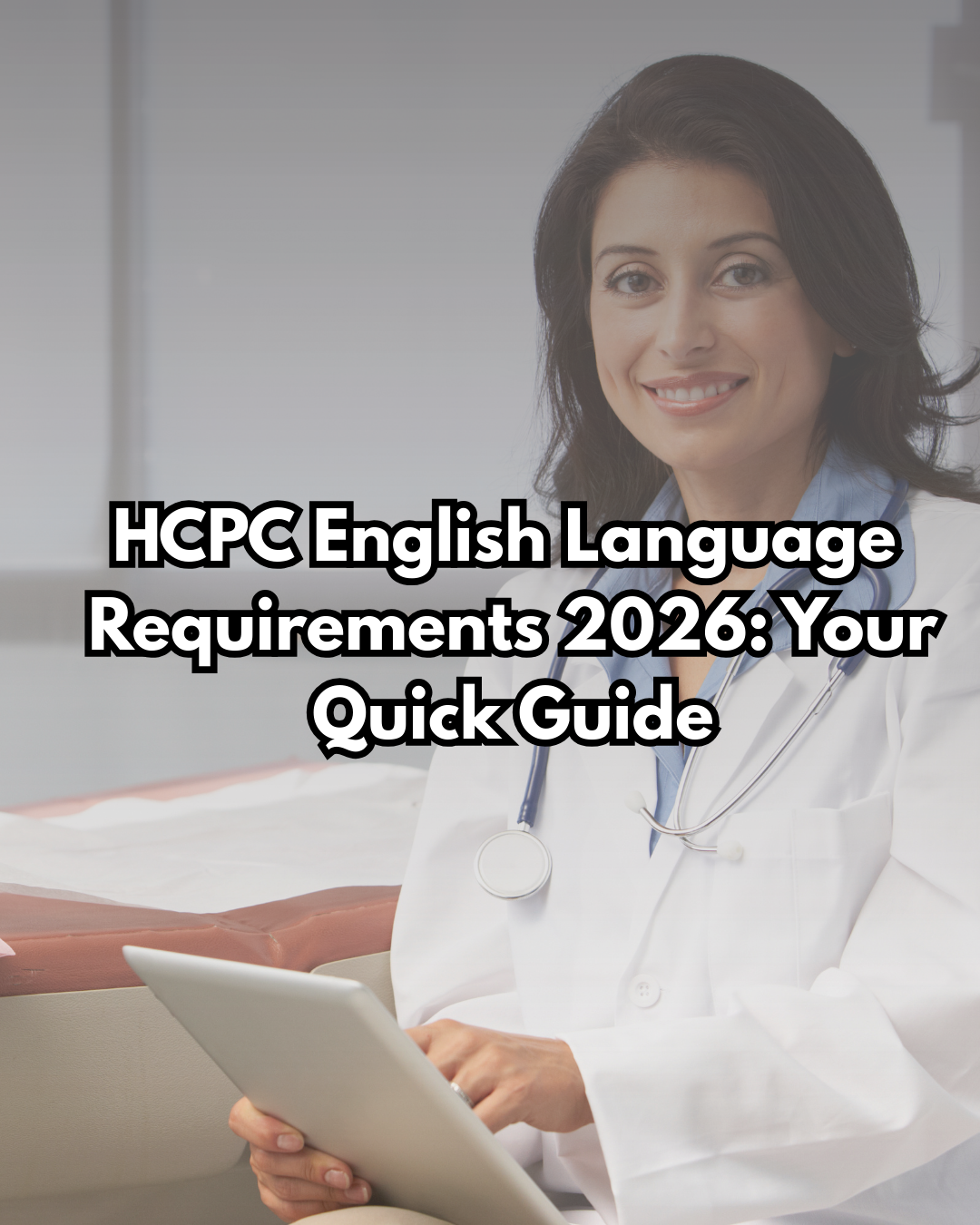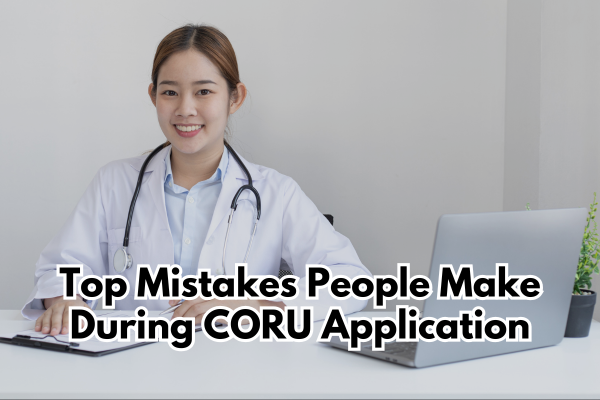HCPC vs CORU: What’s the Difference
Which One Do You Need?
Expert Guidance from Evenhanded Overseas Consultancy
If you’re a health or social care professional aiming to work abroad, understanding the difference between HCPC and CORU registration is essential. These are two of the most recognized regulatory bodies in the healthcare sector, and knowing which one you need depends on where you want to work and what your profession is.
At Evenhanded Overseas Consultancy, we specialize in helping overseas professionals with CORU registration in Ireland. In this guide, we’ll help you understand the key differences between HCPC and CORU, who needs them, and how you can successfully apply.
What Is HCPC?
HCPC stands for the Health and Care Professions Council. It is the statutory regulator for certain health and care professionals in the United Kingdom.
Key facts about HCPC:
- It is based in the UK
- Regulates 15 health and care professions
- Maintains a public register of qualified professionals
- Ensures professionals meet standards for training, conduct, and performance
- Registration is legally required to practice in the UK
Professions regulated by HCPC:
- Physiotherapists
- Radiographers
- Occupational Therapists
- Speech and Language Therapists
- Biomedical Scientists
- Clinical Scientists
- Dietitians
- Paramedics
- Practitioner Psychologists
- Chiropodists / Podiatrists
- Prosthetists / Orthotists
- Hearing Aid Dispensers
- Operating Department Practitioners
- Orthoptists
- Art Therapists / Drama Therapists / Music Therapists
What Is CORU?
CORU is Ireland’s multi-profession health and social care regulator. It stands for the Health and Social Care Professionals Council. Like HCPC, CORU ensures that professionals meet the required standards of education, competence, and ethics.
Key facts about CORU:
- It is based in Ireland
- Regulates over 12 professions (more being added)
- Requires recognition of international qualifications for non-EU applicants
- Registration is mandatory to legally work in Ireland
- Enforces professional codes of conduct and ongoing CPD (Continuing Professional Development)
Professions regulated by CORU:
- Social Workers
- Physiotherapists
- Radiographers and Radiation Therapists
- Occupational Therapists
- Speech and Language Therapists
- Dietitians
- Optometrists and Dispensing Opticians
- Podiatrists
- Medical Scientists
- Clinical Biochemists
- Counsellors and Psychotherapists (under phased implementation)
HCPC vs CORU:
The Key Differences
Understanding the difference between HCPC and CORU will help you determine which one is required for your career goals.
| Criteria | HCPC (UK) | CORU (Ireland) |
|---|---|---|
| Country | United Kingdom | Ireland |
| Type of Regulator | Statutory (Government-mandated) | Statutory (Government-mandated) |
| Professions Covered | 15 healthcare professions | 12+ professions and growing |
| Qualification Recognition | Required (International Applications) | Required (International Applications) |
| Application Process | Online + Document submission | Online + Document submission + Qualification recognition |
| Language Requirements | English proficiency | English proficiency |
| Processing Time | 4–6 months (average) | 6–12 months (with recognition process) |
| Registration Validity | Annual renewal required | Annual renewal required |
| Fees | Approx £495 (initial + renewal) | Approx €100 recognition + €100–€200 registration |
Which Registration Do You Need?
Whether you need to register with HCPC or CORU depends on:
1. Where You Plan to Work
- If you’re planning to work in the UK, you’ll need to register with HCPC.
- If you’re planning to work in Ireland, you must register with CORU.
2. Your Profession
- Both HCPC and CORU regulate some of the same professions, such as physiotherapists, radiographers, and occupational therapists.
- However, certain professions are regulated in one country but not the other, or may be governed by different timelines and standards.
3. Your Educational Background
- Both CORU and HCPC require non-EU applicants to go through a qualification recognition process.
- CORU’s recognition process is more thorough and time-consuming, particularly for applicants from outside the EU.
Applying for CORU Registration: Step-by-Step
If you’ve chosen to work in Ireland, you will need to go through the CORU registration process. At Evenhanded Overseas Consultancy, we offer complete support for CORU registration.
Step 1: Confirm Your Profession Is Regulated
- Visit CORU’s website or speak with our advisors to check if your profession is regulated.
Step 2: Apply for Recognition of International Qualifications
- This applies to applicants trained outside of Ireland or the EU.
- You’ll need to provide transcripts, course syllabi, proof of clinical practice, and references.
Step 3: Prepare Required Documents
- Identity proof (passport)
- Degree certificates
- English language test results (IELTS, TOEFL, or OET)
- CPD records
- Police clearance certificate
- Work experience letters
Step 4: Submit Your Recognition Application
We assist with creating your CORU account, uploading documents, and paying fees.
Step 5: Wait for Recognition Decision
The process can take 6–12 months, depending on the complexity of your case.
Step 6: Apply for Registration
Once recognition is granted, you can apply for professional registration and receive your CORU number.
Why Choose Evenhanded Overseas Consultancy?
We are a trusted name for CORU registration support for overseas professionals. Our experienced consultants help you understand the process, avoid delays, and submit a strong application.
Our Services Include:
- Profession-specific advice and eligibility assessment
- Document checklist and verification
- Assistance with academic transcripts and course mapping
- English language test preparation support
- Application submission and tracking
- Ongoing communication with CORU on your behalf
- Whether you’re just starting or facing a delay in your application, our team is ready to support you.
Common Questions – HCPC vs CORU
Q: Can I work in both the UK and Ireland with one registration?
No. CORU and HCPC are separate regulatory bodies. If you want to work in both countries, you must register with both.
Q: Which is faster: HCPC or CORU?
HCPC applications are generally faster (4–6 months), while CORU may take 6–12 months due to its recognition process.
Q: Is English language proficiency required for both?
Yes. Both HCPC and CORU require proof of English language proficiency unless your degree was taught in English.
Q: Does Evenhanded Overseas provide HCPC services?
We specialize in CORU registration but can advise you on how HCPC compares if you’re considering the UK.
Final Thoughts: Choose the Right Path for Your Career
- Choose HCPC if you want to work in the United Kingdom and your profession is regulated by the HCPC.
- Choose CORU if you’re targeting a career in Ireland and your profession is regulated by CORU.
- If you’re still unsure which registration suits your career goals, Evenhanded Overseas Consultancy can help you decide. We offer tailored advice based on your qualifications, language skills, and target destination.
Get Help with CORU Registration Today
Ready to begin your CORU journey?
Let Evenhanded Overseas Consultancy guide you through every step of the process with expert support and guaranteed attention to detail.





